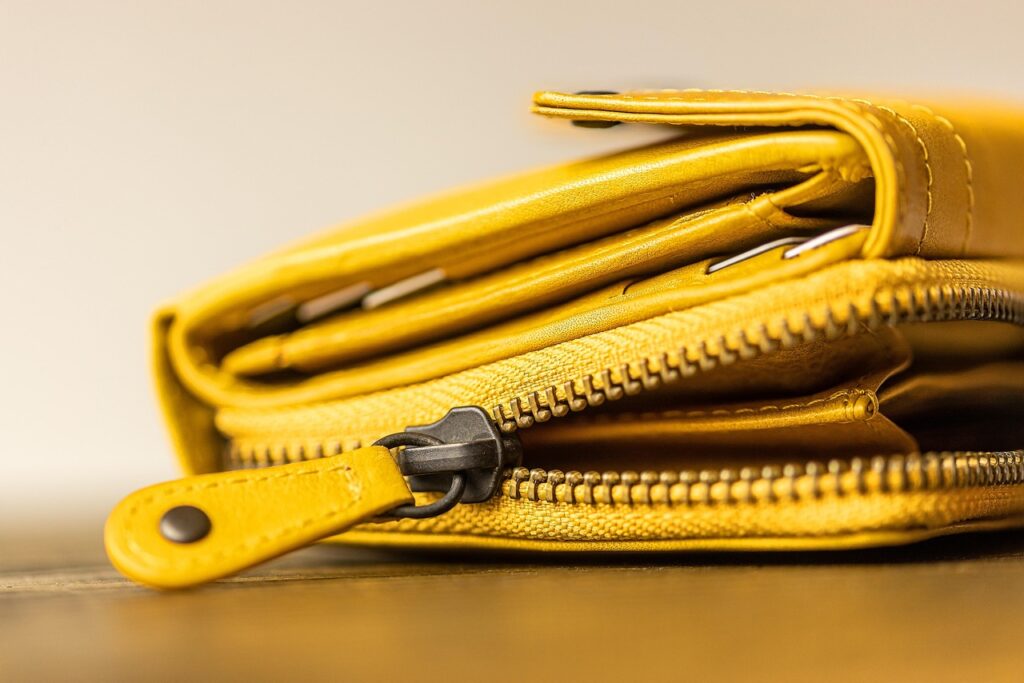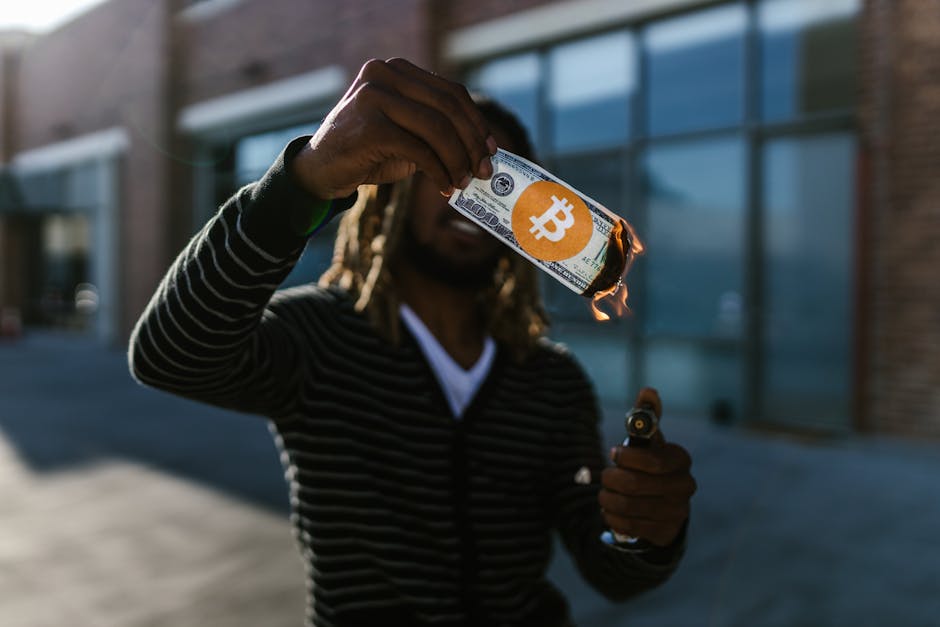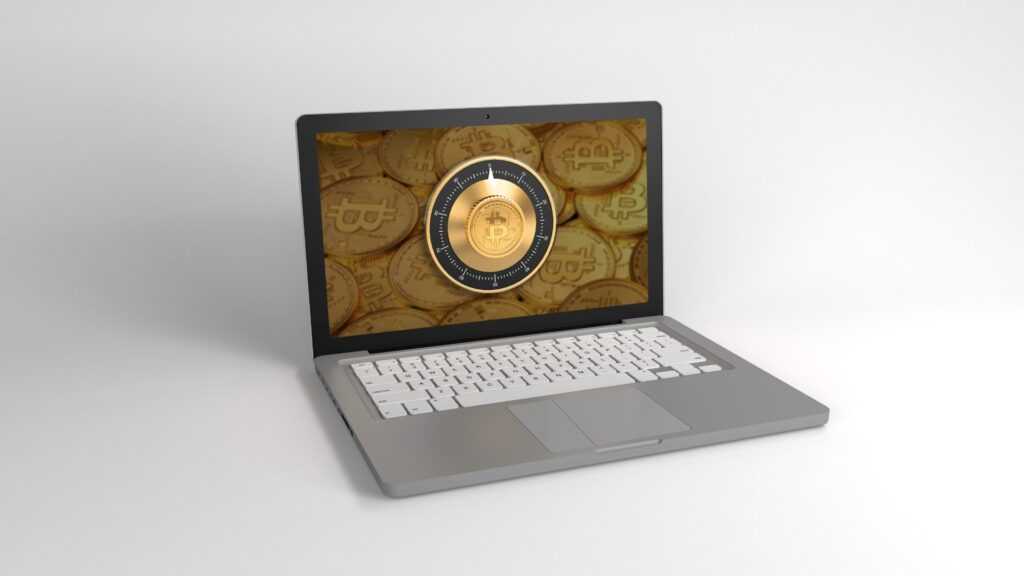5616278500 and Customer Service Communications
Big banks make thousands of outbound calls daily. Chase uses numbers like 5616278500 to connect directly with customers for:
Fraud alerts Loan promotions Card activation Transaction confirmations
If you’re someone who receives a lot of spam, having a service like Truecaller or Hiya can help flag these calls as “potentially trusted” when they’re legitimate. Even then, it’s smart to doublecheck.
Being proactive can pay off—if Chase is really calling, it’s usually important. Ignoring these calls might delay fraud alerts or updates on your financial activity.
What is 5616278500?
To get straight to it—5616278500 is associated with JPMorgan Chase Bank, a major financial institution in the United States. Customers often report this number as being used by Chase to confirm transactions, contact individuals about account activity, or provide general updates.
This number is not a random spam caller. In most cases, it’s linked to legitimate phone outreach from Chase’s fraud or customer service departments. However, that doesn’t mean you should answer blindly. Bad actors have been known to spoof legitimate numbers, so validation is still key.
Should You Answer Calls from This Number?
It depends. If you’re a Chase customer and you’ve recently made a large transaction or experienced suspicious account activity, it’s likely that the call is legit. That said, here’s a checklist before you give away any sensitive information:
Does the caller immediately ask for sensitive data? Do they rush you or apply pressure? Did you request a callback or initiate a service inquiry?
If anything feels off, hang up and call Chase directly using the number listed on the back of your card or the official website. Never give out your Social Security number or PIN unless you’ve verified the caller.
Avoiding Phone Spoofing Scams
The growing problem with spoofed numbers is that they look official but aren’t. Scammers can mask their real number to appear as if it’s coming from a trusted entity—like 5616278500. To outsmart that tactic:
Let unknown calls go to voicemail. Crosscheck the number on official company sites. Search the number online for reports or references.
If you do miss a call from this number but have business with Chase, it makes sense to return the call through a verified contact method rather than redialing blindly.
What Real Customers Are Saying
A quick search online surfaces multiple forums and reports discussing 5616278500. Most of them highlight similar patterns:
“Received a call about a suspicious charge and verified it was really Chase.” “They asked security questions but didn’t get pushy when I said I would call the number on my card.” “A legitimate call turned into a security alert being placed on my credit card, which was helpful.”
While the tone is mostly favorable, the golden rule remains: verify before speaking.
Text Messages and Emails with the Same Number
Some users also report receiving texts referencing this number, especially for login verification or unusual account behavior. As always:
Do not click links directly from a suspicious message. Go to the Chase app or website independently to verify account activity. Enable 2FA (twofactor authentication) to increase your account security posture.
These communications are often helpful, but only if you take the right approach to confirming their legitimacy.
What To Do If You Think It’s a Scam
If you answer a call from what appears to be 5616278500 and it raises red flags, your best move is to hang up. Then:
- Check your recent bank activity for anything unusual.
- Contact Chase directly from numbers listed on the official website.
- Report your experience to the Federal Trade Commission (FTC) through their complaint portal.
You won’t be the first person this happens to—and definitely not the last. Logging these events helps build better protection frameworks for all consumers.
Final Thoughts
We live in a weird era where a legitimate number like 5616278500 can be both useful and suspicious. It’s a tool Chase uses to inform, alert, and connect—but only if the call is real.
Use common sense. Don’t trust caller ID alone. Validate everything.
Would you rather be too cautious or hand over your banking info to a stranger pretending to be Chase?
The answer’s easy.






